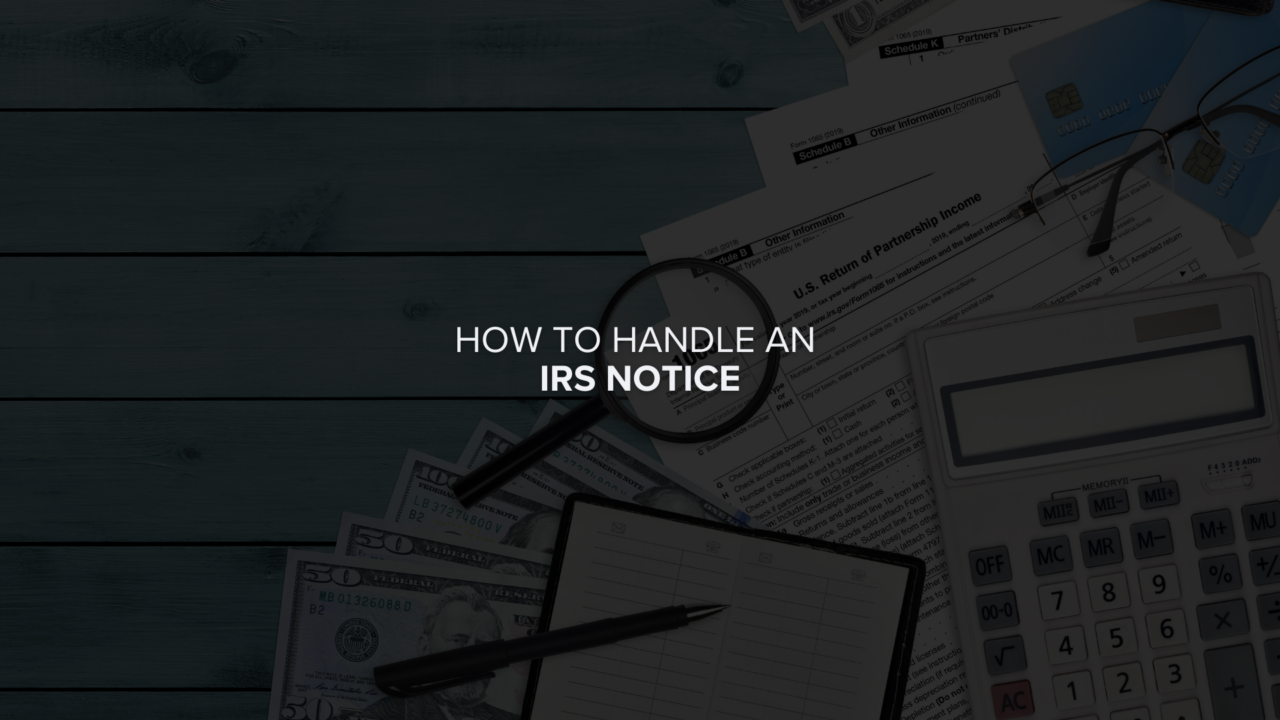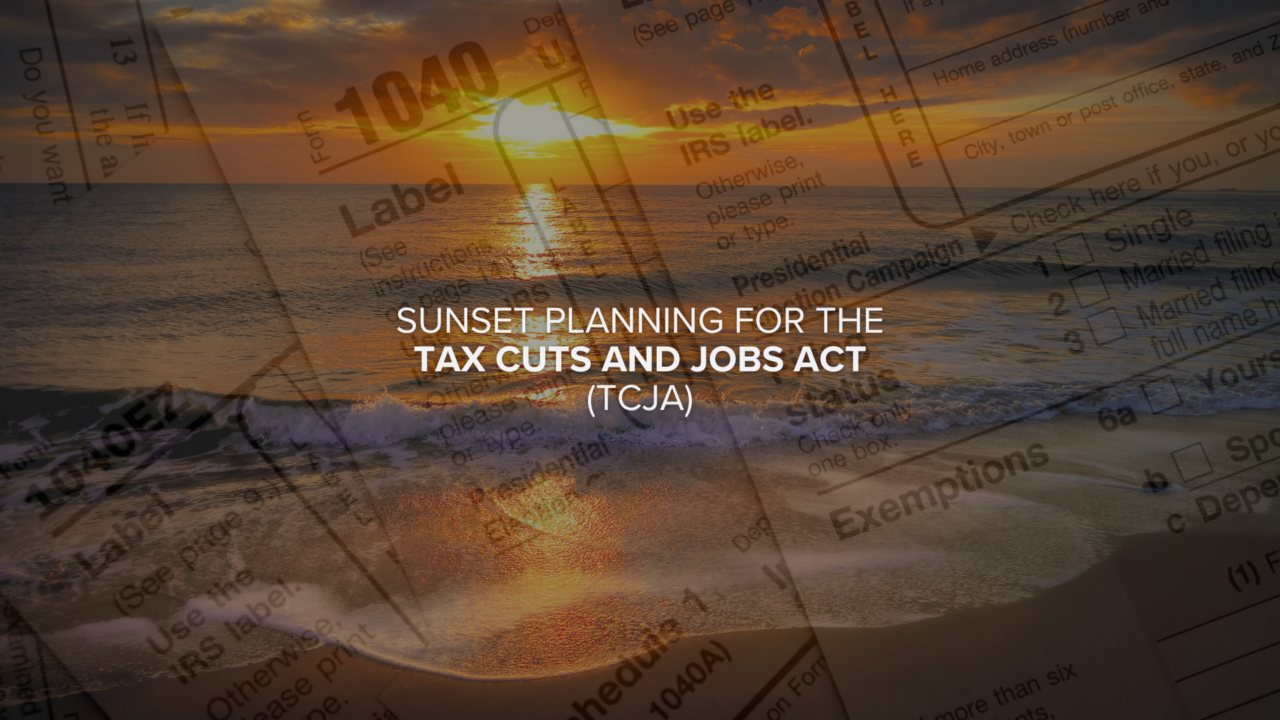Receiving an IRS notice can be intimidating, but it’s important to remember that not all notices are bad news. Often, they are just requests for additional information or notifications of minor issues. Here’s a step-by-step guide on how to handle IRS notices effectively:
1. Stay Calm
First and foremost, don’t panic. Not all IRS notices imply severe consequences. Many are routine and can be resolved quickly.
2. Read the Notice Carefully
Key Points to Check:
- Notice Number: Identifies the type of notice and the issue.
- Deadline: Indicates the timeframe within which you must respond.
- Details: Specifics regarding what the notice is about (e.g., missing information, discrepancy in your return, etc.)
3. Identify the Issue
The notice will explain why the IRS is contacting you. Common reasons might include:
- Balance due
- Additional information needed
- Changes to your return
- Potential errors on your return
4. Gather Your Documents
Collect any records and documents related to the issue mentioned in the notice. This might include:
- Previous tax returns
- Payment records
- Income documentation
5. Review Your Return
Compare the information provided in the notice with your tax return to understand the discrepancy fully.
6. Respond Promptly
Always respond within the provided timeframe. Delays can lead to additional penalties and interest.
How to Respond:
- By Mail: Follow the instructions on where to send your response.
- Online: Some issues can be resolved through the IRS website at IRS.gov.
7. Correcting Errors
If you agree with the notice, make the correction and pay any additional amount due. If you disagree, you will need to provide documentation to support your claim.
8. Seeking Professional Help
If the notice is complex or you’re unsure how to proceed, it’s wise to consult a tax professional. They can:
- Interpret the notice
- Advise on the best course of action
- Communicate with the IRS on your behalf
9. Keep Records
Maintain copies of all correspondence with the IRS, including the notice itself and any documentation you send.
10. Follow Up
If you don’t hear back from the IRS after responding, follow up to ensure your issue is resolved.
Common IRS Notices and Their Meanings
| Notice Number | Description |
|---|---|
| CP2000 | Proposal for adjustments due to discrepancies between your return and information provided by third parties. |
| CP501 | Reminder of a balance due. |
| CP503 | Second reminder about a balance due. |
| CP504 | Notice of intent to levy (immediate attention required). |
| CP90 | Final notice of intent to levy and your right to a hearing. |
Conclusion
Handling IRS notices can be straightforward if you approach them methodically. Stay calm, read the notice carefully, gather necessary documents, and respond promptly. When in doubt, seek professional help to ensure you address the notice correctly and efficiently.
For more detailed guidance, visit the IRS website.
We hope this guide helps you navigate IRS notices more confidently. If you have further questions or need personalized assistance, feel free to reach out to our accounting firm. We’re here to help!




